A low-key science fiction movie about, oh um, the end of the world. The set-up is interesting, but it limps in the middle and reaches a puzzling conclusion.
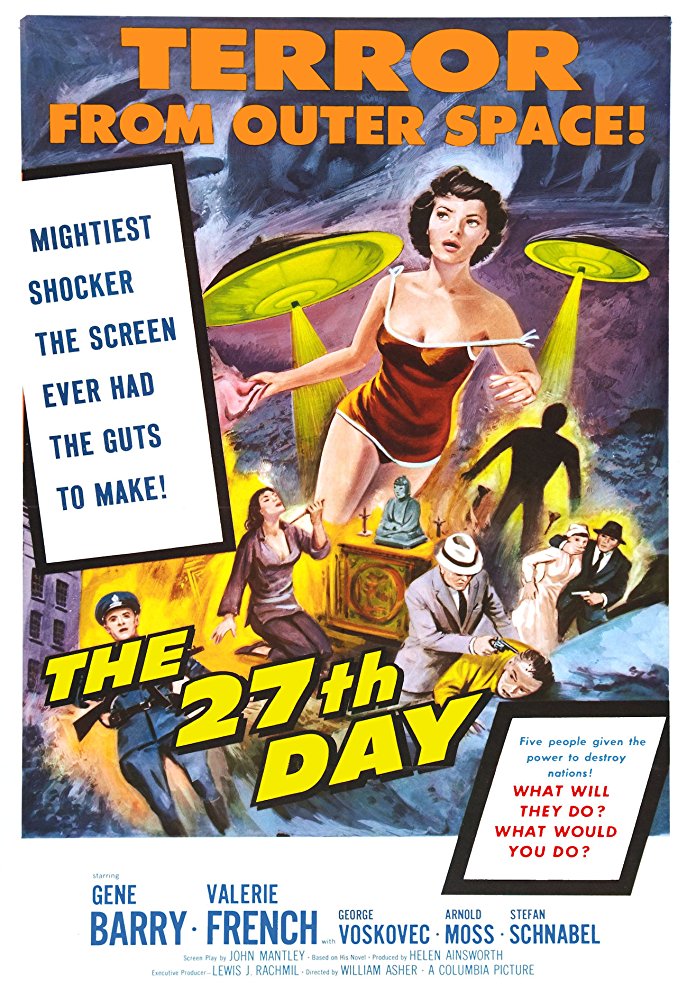 A misleading lobby poster. There are no zapping flying saucers chasing Valerie French in a bathing suit.
A misleading lobby poster. There are no zapping flying saucers chasing Valerie French in a bathing suit.
Gene Barry with his experience in outwitting Martians from the red planet at the height of the Cold War in ‘The War of the Worlds’ (1953) is here, sporting a RAF moustache that looks so fake that we knew it would have to go and it did. Arnold Moss as the alien is so effortlessly grave that … [on him more at the end].
Five individuals from around the world – Chinese, Russian, American, Brit, and Dutch – are plucked from their routine and plonked into plastic chairs in a bland conference room looking very modernistic though not modern. There is nothing special about them, one a villager, another a sentry, a press hack, a sunbather, and a scientist. With gender diversity the Chinese and the Brit are women. The Dutch scientist is in fact visiting the United States, so that gives Uncle Sam two.
After having proven to the gathering that they are on a spaceship, Arnold Moss presents the dilemma. His planet is doomed and the population must relocate. These are planetary asylum seekers. The Third Rock will do nicely, but being pacifists, they cannot conquer though it is evident that their technology is far superior. Even big Gort seems a clumsy relic against Moss’s magic.
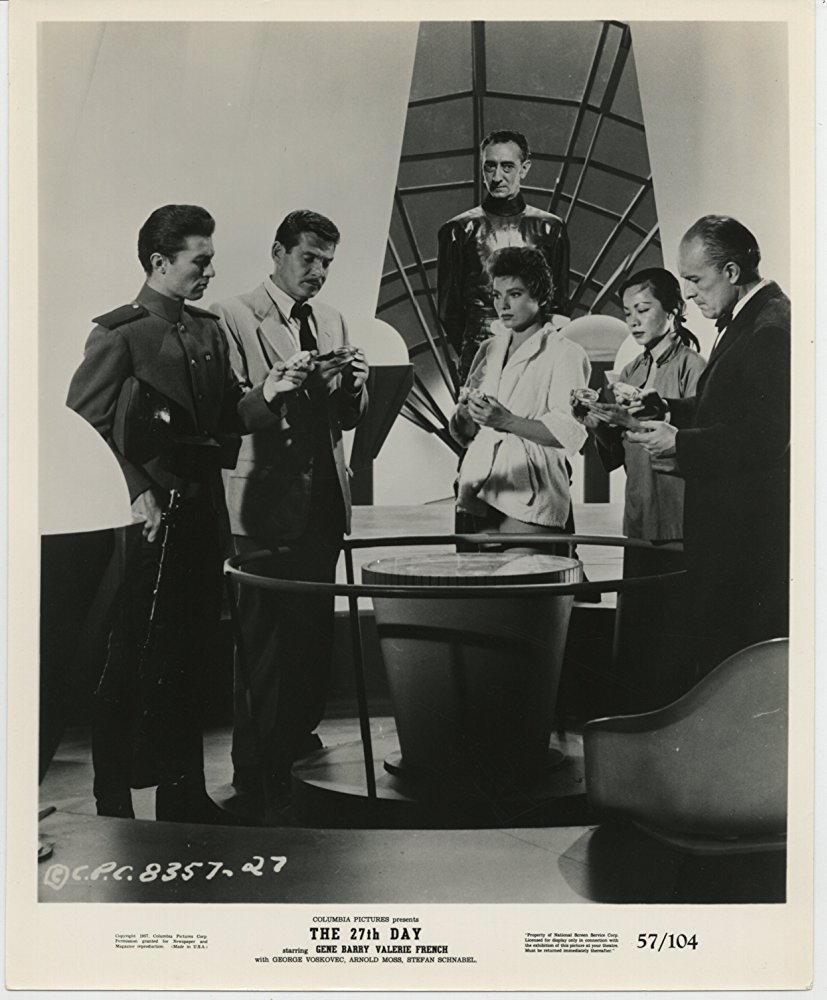 You have the power! (An early iPhone advertisement?)
You have the power! (An early iPhone advertisement?)
Apparently, neither can they negotiate. Instead Arnie will give each of the five a weapon (the size of an iPhone) that cam destroy their enemies. Note, it destroys only persons and not material. It works by thought control. If these weapons are not used by the end of the 27th day, the aliens will look elsewhere for suitable real estate and leave Earth alone, and the weapons will become useless. The explanation of the weapons is as detailed and as incomprehensible as McKinsey-speak but it covered every contingency the screenwriters could imagine, however, there is no manual for those who were not paying attention.
Knowing Earth history, it seems the aliens assume that some or all of the weapons will be used, and in effect that will depopulate the planet for their immigration. Rather like the Germans in the Franco-Prussian War stopping short of Paris, leaving the French there to murder each other and to save ammunition. Cynical. But then look at the news today.
During the briefing, Gene Barry gets the phone number of the English woman, clad in a bathing suit because she was plucked from the beach (hence the poster above), and then ‘Hey, presto!’ they are right back where they came from. She promptly throws her device into the sea, telephones Gene, and flies to LAX. She certainly has initiative and tenacity.
The Chinese woman, who says not a word and has no close-up, commits suicide. This seems to be in reaction to the massacre of her village which was underway when she was alien-napped. The cadre were practicing on the helots, they way they do.
The Soviet sentry is dumbfounded and keeps his mouth shut.
The Dutch scientist is on his way to a conference in New York City to which he now travels. Thus there are three possessors of this doomsday weapon and two of the devices are Stateside.
Sitting tight is not an option, because ….. Spoiler.
Because alien Arnold Moss goes on the air around the world on every radio and television channel in every language, he is more of media hog than the Twit in Chief. He tells everyone about the weapons and names the five who possess them. Cover blown! He had not told the five that he was going to rat them out like that!
The Feds latch onto the Dutchman as he lands at La Guardia.
Barry, having peeled off that moustache, thus disguised he grabs the Brit bit at LAX before the Forces of Order spot her, and together they head off to a hideout he just happens to know. (Probably cased it when dealing with those pesky Martians earlier.)
Pause for thought. Five randomly picked individuals have a doomsday weapon in their pockets. What will they do with them? That is one interesting proposition. Some will see parallels with the New Testament; I did.
Individual choice is quickly compromised by the public broadcast of their names. The Soviet grunt is arrested, suborned, tortured, but remains silent for a time. His motivation is left a blank. In the end, rather than see the weapon used he commits suicide by throwing himself out of an upper story window.
Barry and his girl puzzle over what to do in their hideout. The Dutchman, like the Soviet, keeps the secret…for a time. Though he is pressured relentlessly by the CIA operatives, but none of his inquisitors brought a waterboard.
The second interesting proposition concerns how others react. That an alien is at work becomes accepted by authorities and the public at large. The five individuals are then seen in the ensuing panic to be agents of the alien with Rush Limbaugh-like hysteria laid on. Imagine that! A man bearing a resemblance to Barry, remember that mo, is murdered by a mob. Add Faux News to that equation and the lynchings would be general.
Barry’s idea is to sit out the twenty-seven days, and by some miracle he and his squeeze seem to have enough provisions in the two bottomless grocery store paper bags they have to survive for the duration (of the film) undetected. Until….
Yes, the Soviet grunt finally cracks and the weapon is now available to the USSR, which promptly proclaims it to blackmail the USA to pull out of Europe and Asia. Uncle Sam complies.
This turn of events brings patriot Barry and Valerie out of hiding in the hour of need. The Western Alliance of the American Barry, the Brit bit, an the Dutch professor stall but time is running out. The Russkies know that the weapon will lapse at the end the twenty-seventh day so if it is to be used then it must be before then. To prevent a retaliation from the weapon(s) in the USA, the best time to use is just before expiration. The Cold War context weighs heavily throughout.
Meanwhile, Barry and company test the iPhone weapon app and it does indeed work. Ergo the compliance noted above.
But the professor has a trick or two up his academic gown. When Moss handed over the devices he said it has ‘the power of life and death.’ Significant that? He did not say ‘life or death.’ This egghead applies himself to re-programming the devices with his big brain so as to kill only ‘the enemies of freedom.’ Wow!
We all have candidates for that hit list. Think of whom Ayn Rand would put on that list. Try not to think of Rush Limbaugh. Try harder!
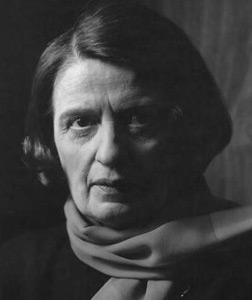 Ayn Rand
Ayn Rand
As the clock ticks and the Soviets prepare to activate the weapon app, the professor does his stuff and … that is it. ‘The enemies of freedom’ die! How easy was that! Lots of Russkies pile up in the streets.
In the aftermath at the United Nations there is an expansive spirit of unity of those who made the cut and Barry suggests offering the aliens some help. Maybe they could inhabit the parts of the Earth that are uninhabitable. The Antarctic is mentioned. New Jersey near the Kardashians seems logical? Some nice real estate in the Gobi Desert can be had for a price. This message is broadcast, and on the eighth ring Arnold Moss answers and rather than accept the offer instead welcomes the Earth into the community of 30,000 worlds! Whoa!
Huh? Was this some kind of fraternity initiation? That seemed to be the conclusion invited by Moss’s last remarks. Such a test for admission is a common theme in sci-fi but here it is explained no further.
The film drags in the middle with Barry and the Brit in the hideout listening to the radio. The minutes seemed like hours to them and to me, too. The whole exercise would have been much better in a half-hour Twilight Zone or Science Fiction Theatre episode.
A few notes. Two suicides. The voluntary production code that dominated Hollywood at the time forbade suicides in word or deed. Yet there are two here. The Chinese woman early on and the Soviet soldier near the end. Perhaps because they were both commies, they were better dead than red.
Both the women endowed with the weapon reject it. The Chinese throws it on the fire burning the remains of the village before committing Chinese-kari and the Brit throws it into the sea before flying to Hollywood, well, LA. Lesson? Never trust a woman with a weapon of mass destruction.
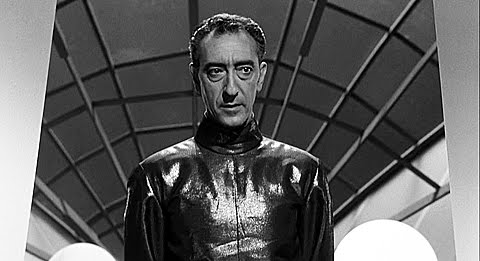 Arnold Moss (1910-1989)
Arnold Moss (1910-1989)
Moss appeared in ‘The Conscience of the King’ in ‘Star Trek: TOS’ as Karidian the executioner. With his aristocratic bearing, perfect diction, and melliferous baritone voice he always dominated any scene. Something (else) William Shatner complained about. Moss was Phi Beta Kappa with a Columbia PhD who constructed crossword puzzles for the ‘New York Times’ while waiting on sets.




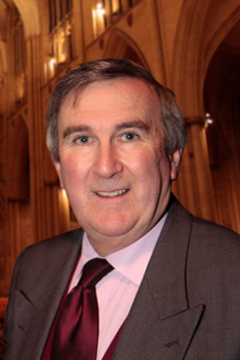 Gervase Phinn
Gervase Phinn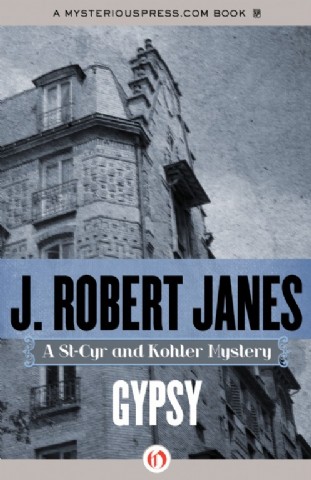
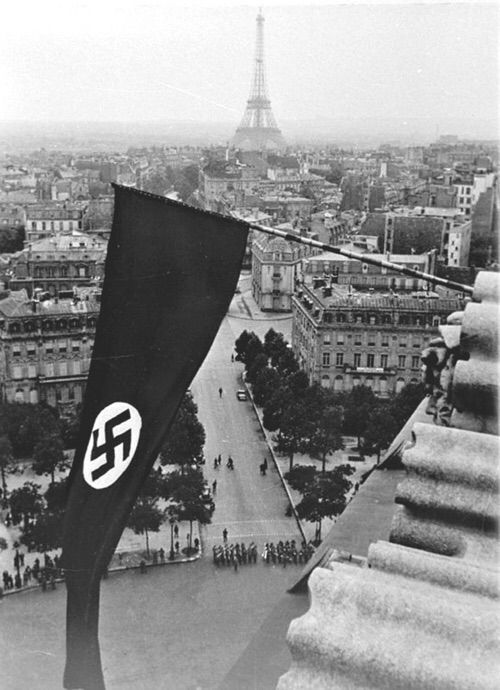

 Fred Vargas, whose books have been purged from ideologically pure women’s libraries because of the name Fred. Amusing, n’est pas?
Fred Vargas, whose books have been purged from ideologically pure women’s libraries because of the name Fred. Amusing, n’est pas?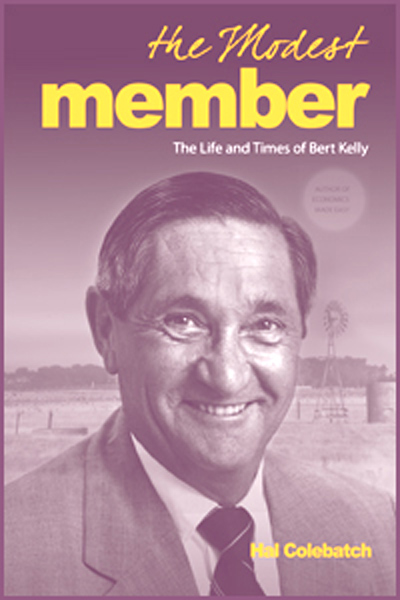

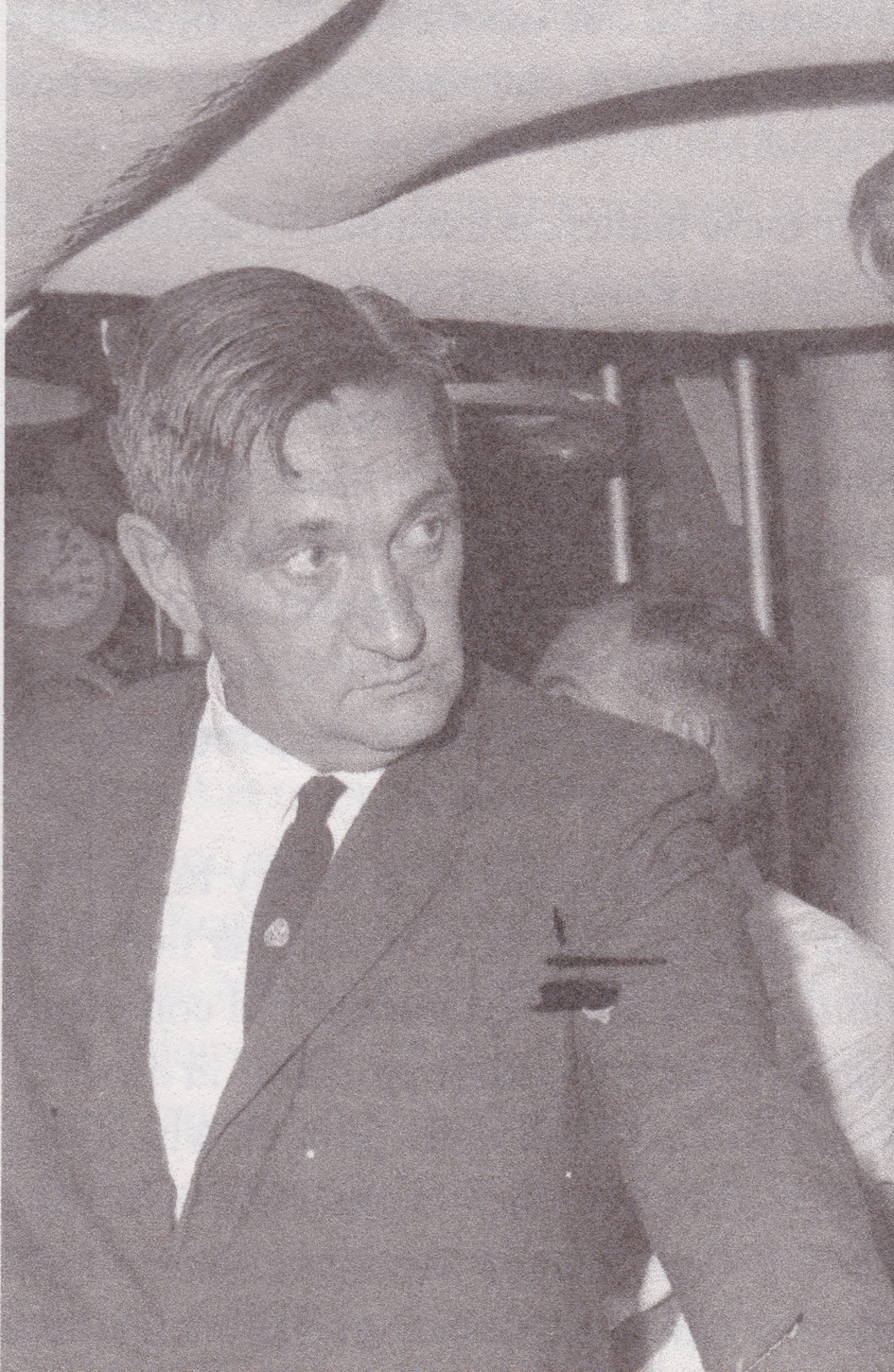 Kelly at work.
Kelly at work. Colebatch is a widely published poet.
Colebatch is a widely published poet.
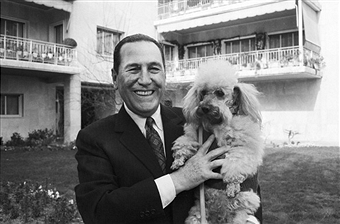 Perón always kept dogs and could be seen walking them in Madrid.
Perón always kept dogs and could be seen walking them in Madrid. Eloy Martinez
Eloy Martinez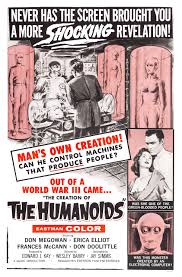 A lobby poster
A lobby poster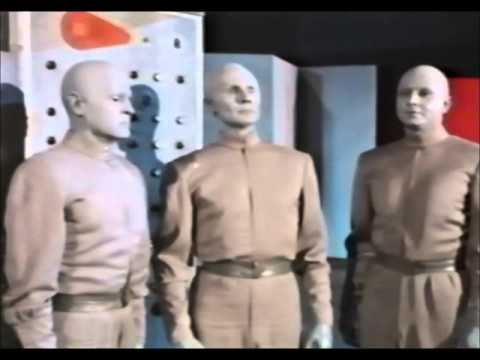 The robots confer on their Key Performance Indicators.
The robots confer on their Key Performance Indicators.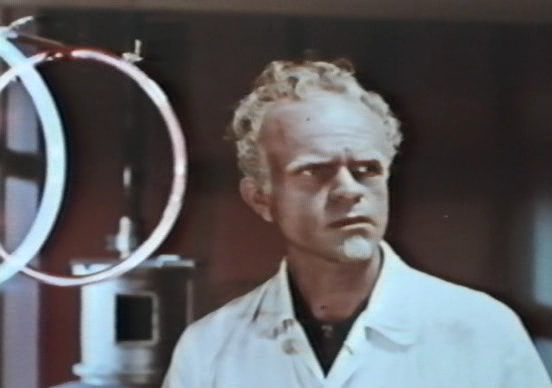 Dr Doolittle, who talked to the vacuum tubes.
Dr Doolittle, who talked to the vacuum tubes.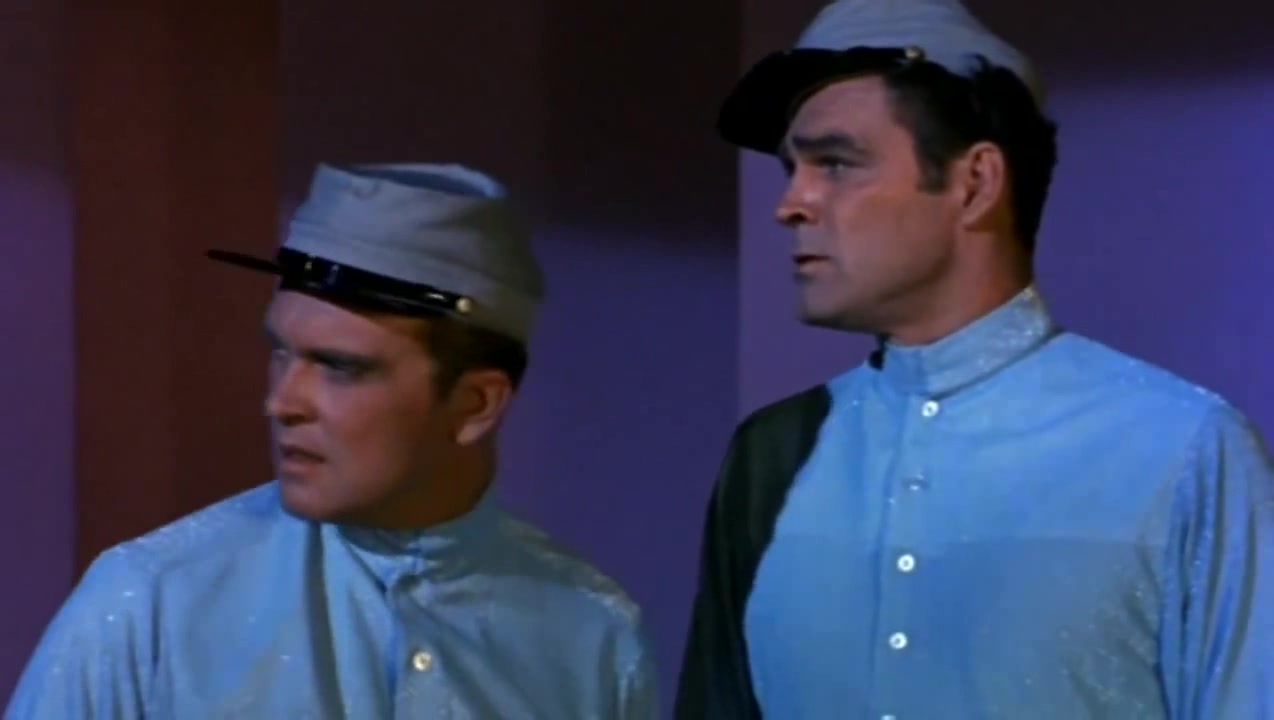 Big Don is the big one.
Big Don is the big one.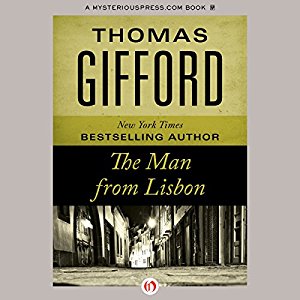
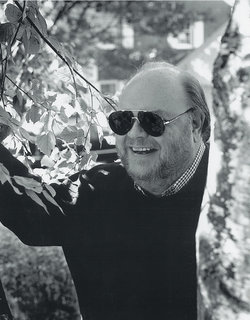 Thomas Gifford
Thomas Gifford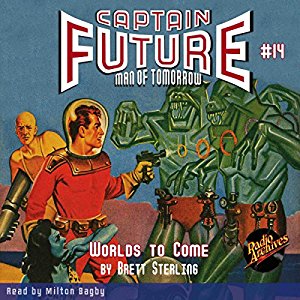
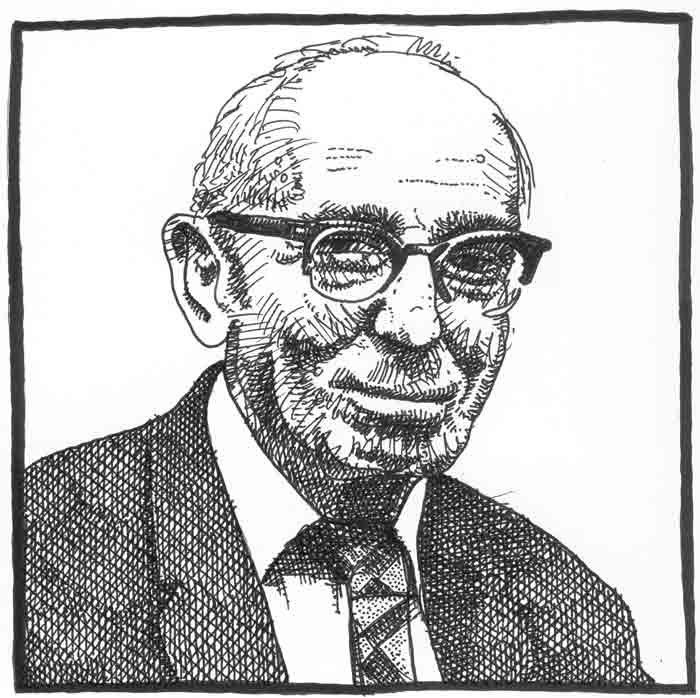 Ed Hamilton
Ed Hamilton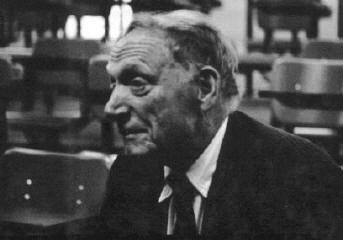
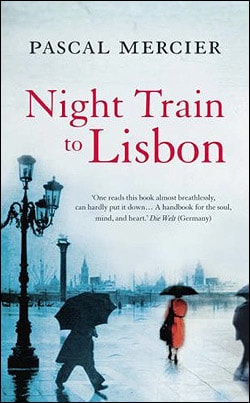
 A European train station at night.
A European train station at night. Lisbon
Lisbon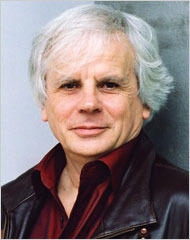 Pascal Mercier.
Pascal Mercier.